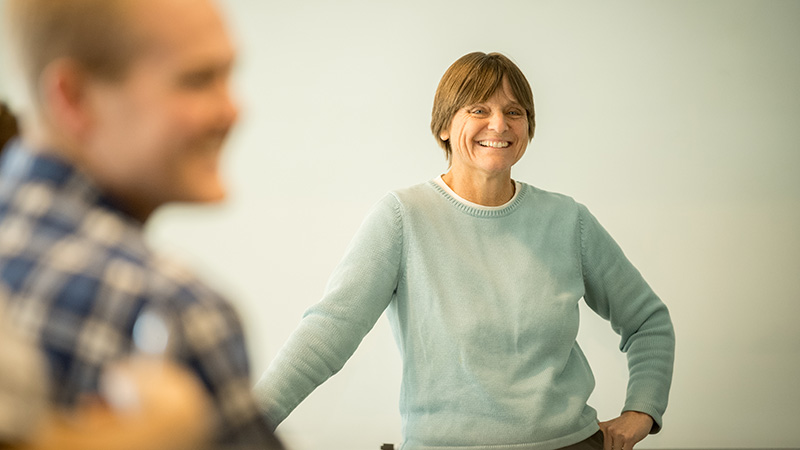
The Institute for Child, Youth and Family Policy (ICYFP) conducts research on the conditions children need to grow and thrive. All children need nutritious food, quality education, safe housing and healthy environments, but not all children in the U.S. have equitable access to these basic requirements.
Our research focuses on collecting and analyzing data on the health, education, and housing conditions needed for healthy childhoods, and identifying gaps in access to those conditions. In the U.S., these gaps are manifest largely along racial and ethnic lines.
We partner with policymakers, advocates, researchers and community-based organizations to translate our research into actionable policies and programs that give all children the best possible chance to live healthy lives.
ICYFP is home to the PhD concentration in Children, Youth and Families at the Heller School. Students in this concentration benefit from close relationships with faculty, cutting-edge research opportunities, and a strong commitment to mentoring.
Our History
Since its founding, ICYFP has been led by trailblazing researchers including noted pediatrician and former Heller Dean Jack P. Shonkoff, a pioneer in researching the effects of toxic stress on child development and wellbeing. Under the leadership of the late Lorraine Klerman, the Institute’s research focused on the impact of poverty on the health of children and their families.
Dolores Acevedo-Garcia, Samuel F. and Rose B. Gingold Professor of Human Development and Social Policy, became ICYFP director in 2012 and served in this role until January 1, 2025. Under her leadership the institute pioneered the use of data to quantify the social determinants of racial/ethnic inequities in health; the role of social policies in reducing those inequities; and the factors that contribute to the health and wellbeing of children with special needs.
